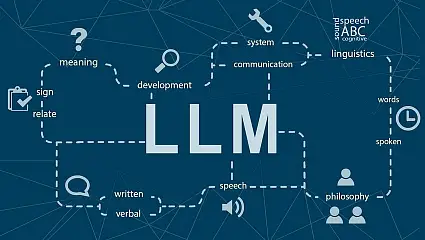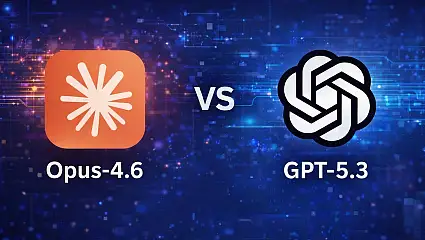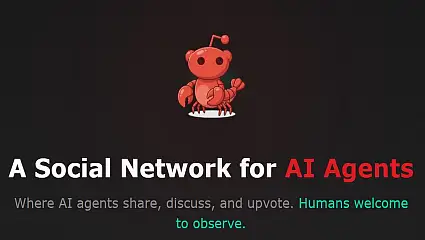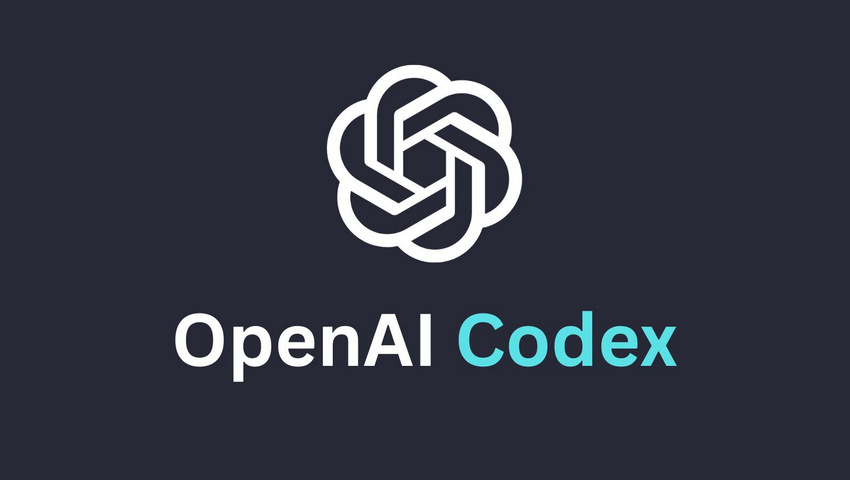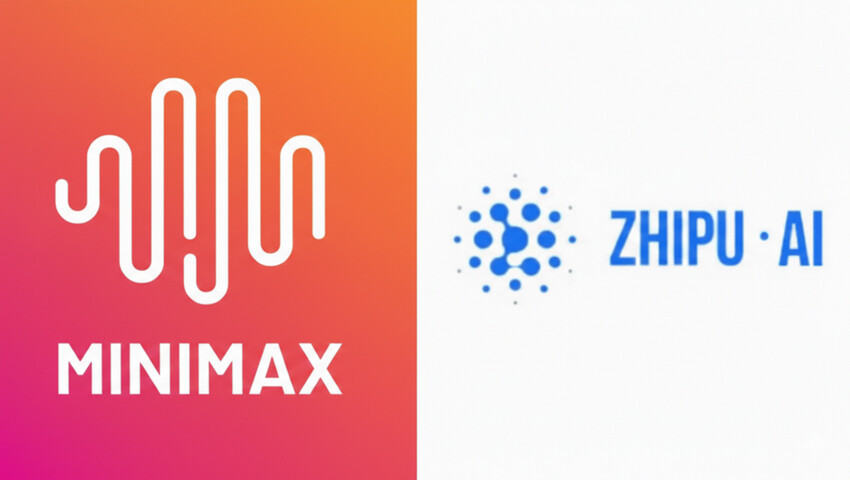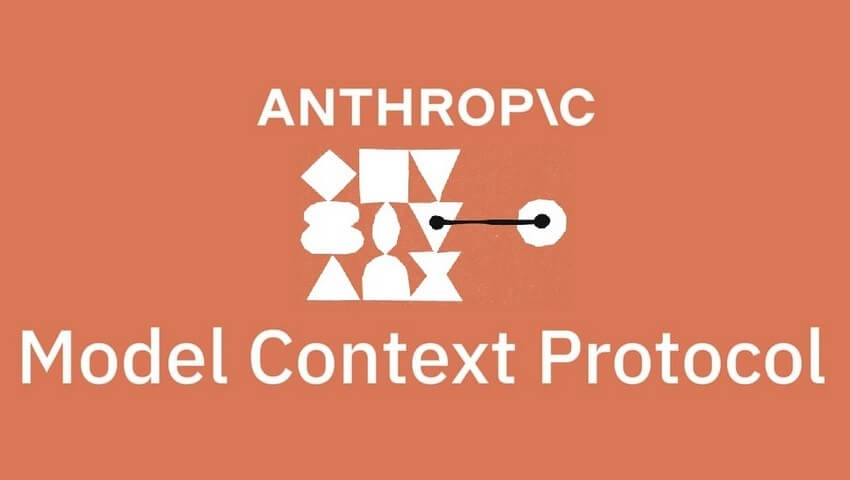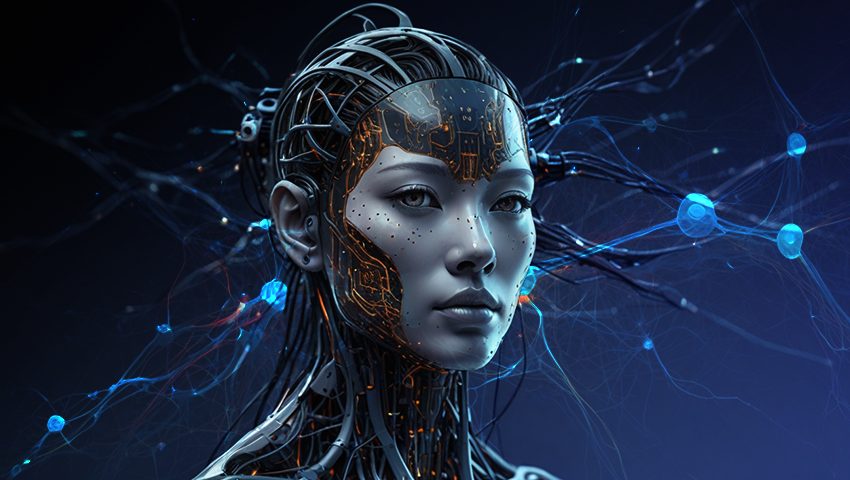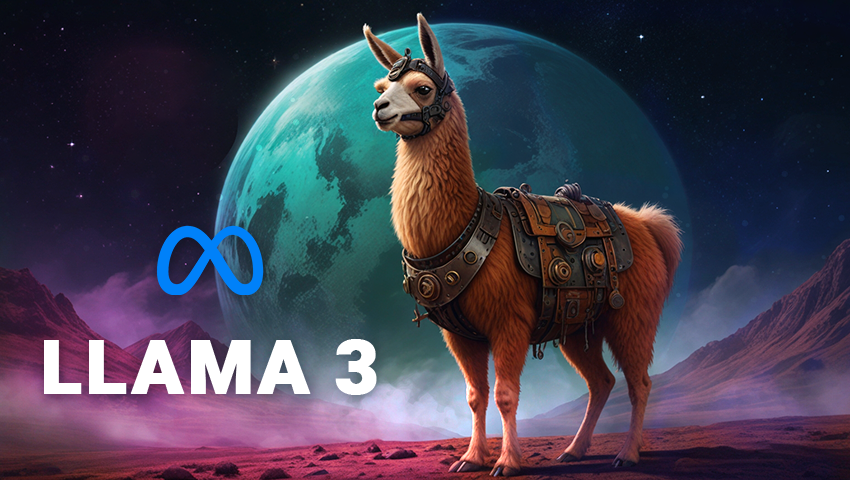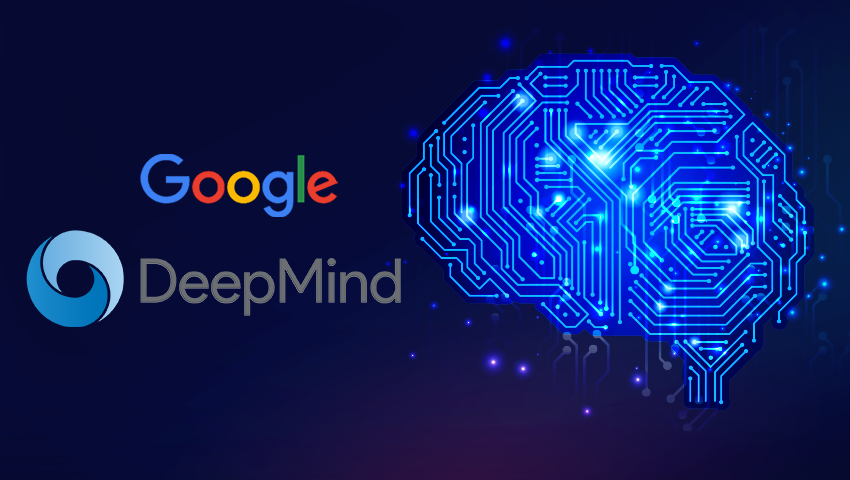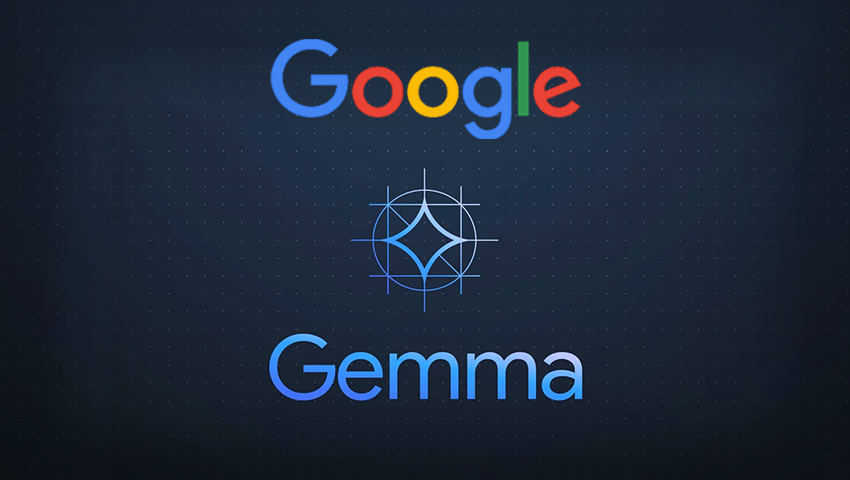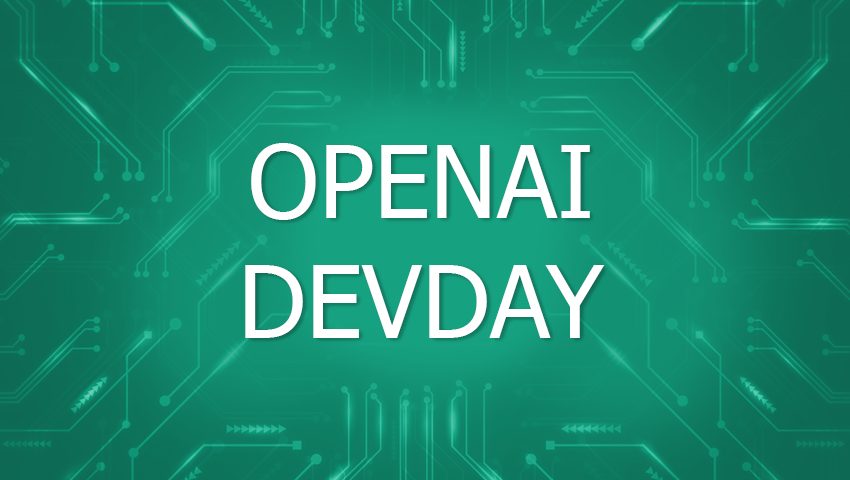Researchers have discovered a simple mathematical way to “steer” AI models by directly manipulating internal concept vectors – improving performance while revealing hidden risks. Now AI behavior can be controlled more precisely than ever, but also raises concerns about how easily safeguards can be bypassed.
OpenAI and Anthropic are redefining the capabilities of AI, introducing models that tackle complex tasks from coding to multi-step knowledge work. With features like agentic collaboration, long-context reasoning, and autonomous problem-solving, these upgrades showcase AI’s potential as an intelligent digital collaborator across professional workflows.
Moltbook is a social network where autonomous AI agents interact, form communities, and generate content, offering a rare glimpse into machine-to-machine social behavior at scale. While fascinating, the experiment has already raised serious security and governance concerns due to agents’ access to sensitive data and real-world systems.
OpenAI has shared new insights into how its AI coding assistant Codex works, revealing how it combines powerful language models with automated tools to write, test, and modify code. The explanation highlights both the growing power of AI in software development and the careful design needed to keep these systems fast, safe, and reliable.
China is unleashing its AI Tigers on the world stage, as Zhipu AI and MiniMax make their landmark debut on the Hong Kong Stock Exchange. With one building the country’s technological backbone and the other creating consumer-ready AI for global audiences, their rise signals that the next chapter of AI will be fiercely competitive.
Anthropic’s Cowork marks a major shift from chat-based AI to autonomous digital coworkers that can plan and execute real work directly on your computer. By giving the controlled access to local files, Cowork becomes a practical collaborator for reports, analysis, and file management.
In 2026, AI moves beyond chatbots to become the operating layer of modern enterprises and creative industries. Our prognosis explores the key shifts shaping the year ahead: from “digital coworkers” and multimodal intelligence to MCP as the backbone of scalable AI.
In 2025, AI moved from hype to reality, becoming a core force shaping how we create content, browse the web, work, and make decisions. This article explores the biggest shifts: the rise of agentic AI and vibe coding, tightening regulation, and the growing battle over quality and trust.
NVIDIA’s Nemotron 3 is a new family of open AI models built for efficient, large-scale multi-agent systems, offering up to a 1-million-token context window. Powered by a hybrid Mamba-Transformer MoE architecture, it delivers high inference throughput while enabling transparent, scalable, and cost-effective AI agents for real-world use.
The Speech-to-Reality system transforms spoken commands into physical objects using a combination of natural language processing, 3D generative AI, and robotic assembly. The system enables users to request items like chairs, stools, or shelves and have them assembled by a robotic arm in as little as five minutes.
Google has launched Gemini 3, its most advanced AI model yet, along with Antigravity, a new agent-first platform that lets AI autonomously plan and execute complex tasks. Together, they elevate learning, coding, and workflow automation with enhanced reasoning and multimodal capabilities.
Recent research has revealed that AI language models store memory and reasoning in entirely separate neural circuits, showing that machines “think” and “remember” in different ways. This discovery leads the way to creating AI systems that can forget sensitive data while preserving their intelligence.
Mamba-3 - state-space model that redefines how AI thinks, learns, and understands language. By improving context tracking, information processing, and response generation, Mamba-3 sets a new standard for performance and inference speed, beyond traditional transformer models.
Now AI can autonomously generate the “brains” of robots, creating a fully functional drone control system 20 times faster than humans. The experiment with generative AI models like ChatGPT, Gemini, and Claude reveals both the potential and current limits of machines building machines.
Anthropic’s new Threat Intelligence Report uncovers how AI is being twisted for cybercrime, fueling schemes from extortion to global fraud. The findings reveal a dark side of AI, where powerful tools once meant to help are now being exploited in ways that raise urgent security concerns.
Meta AI’s DINOv3 is a self-supervised vision model trained on 1.7 billion images, setting new standards in image classification, object detection, and beyond. With innovations like Gram anchoring and real-world impact from monitoring deforestation to powering NASA’s Mars exploration, it marks a paradigm shift in computer vision.
OpenAI's newest open-weight models gpt-oss-120b and gpt-oss-20b bring advanced reasoning and 128K-token context windows – all under Apache 2.0 license. With support for local deployment and optimization for consumer hardware, these models mark a major shift toward transparent and decentralized AI.
New research reveals that LLMs like GPT-4o and Gemma 3 often stick to their initial answers even when wrong – yet quickly lose confidence when challenged. This surprising mix of overconfidence and self-doubt mirrors human cognitive biases and raises concerns about AI reliability.
MIT scientists explored a critical flaw in AI language models called position bias, where models favor information at the beginning and end of text while ignoring the middle. Their research reveals this bias is rooted not only in the training data, but also in the architecture of the models themselves.
The most advanced AI models from tech giants like OpenAI and DeepSeek are generating false information at unprecedented rates – and no one knows exactly why. Due to this surge in AI “hallucinations”, the reliability of AI across critical fields is being called into question.
Why stress over every line of code when AI can "vibe" its way through development for you? Vibe coding is a fast-growing trend where developers let AI take the lead in writing code, transforming programming into a more intuitive and spontaneous process.
GPT-4.5, OpenAI's most advanced AI yet, features improved natural language understanding, enhanced emotional intelligence, and more intuitive conversations. It excels in writing, brainstorming, and problem-solving while minimizing AI hallucinations for more reliable results.
Microsoft has launched the Phi-4 model with open weights under the MIT license, offering researchers and developers unprecedented flexibility. With 14 billion parameters, Phi-4 outperforms its counterparts in solving mathematical problems and multitasking, ensuring efficient work with limited resources.
RadiologyLlama-70B is an advanced AI model trained on over 6.5 million medical reports to enhance the analysis of radiological findings. The model can significantly improve radiologists' workflows, delivering remarkable accuracy while reducing computational costs.
Alibaba's new AI model, QwQ-32B-Preview, challenges ChatGPT with its impressive math and logic skills, outperforming competitors on key benchmarks. Released under an open license, it offers advanced reasoning capabilities but still struggles with tasks requiring strong common-sense understanding.
Anthropic has introduced the Model Context Protocol – an open-source framework that simplifies AI integration with data sources and external tools. By providing a universal standard, MCP enhances AI capabilities and eliminates the need for custom solutions.
Anthropic has introduced Claude 3.5 Sonnet, a new AI model capable of controlling a computer similarly to a human. The model uses screenshots of the desktop to navigate applications and perform tasks such as clicking, typing, and gathering information.
With price cuts, increased rate limits, and faster output, new Gemini models by Google make advanced AI more accessible for developers worldwide. They boost speed, reduce costs, and enhance performance across a wide range of text, code, and multimodal tasks.
During the Spring Update event OpenAI’s presented GPT-4о – the unique omnimodel that integrates text, audio and image processing, allowing it to work faster and more efficiently than ever before.
SenseTime Group's latest AI model, SenseNova 5.0, has sparked a surge in market interest with its impressive advancements, including enhanced knowledge processing, mathematical reasoning, and linguistic abilities.
Llama 3, Meta AI's latest advancement, boasts unmatched language understanding, enhancing its capacity for complex tasks. With expanded vocabulary and advanced safety features, the model ensures improved performance and versatility.
Google’s DeepMind developed a new method for long-form factuality in large language models, – Search-Augmented Factuality Evaluator (SAFE). The AI fact-checking tool has demonstrated impressive accuracy rates, outperforming human fact-checkers.
Elon Musk's xAI Corp introduces Grok-1, a new LLM equipped with 314 billion parameters and a Mixture-of-Experts architecture. Released as open source under the Apache 2.0 license, Grok-1 is set to catalyze advancements in AI research.
Drawing inspiration from its predecessor Gemini, Gemma is focused on openness and accessibility, offering versatile models suitable for various devices and frameworks. The model marks a significant step towards democratizing AI while emphasizing its responsible development and transparency.
MPT-7B offers optimized architecture and performance enhancements, including compatibility with the HuggingFace ecosystem. The model was trained on 1 trillion tokens of text and code and sets a new standard for commercially-usable LLMs.
In 1950, British scientist Alan Turing proposed a test to determine whether machines can think. To date, no artificial intelligence has yet successfully passed it. Will ChatGPT be the first?
OpenAI had an impressive DevDay introducing new features. Let's dive into the world of innovation and explore new horizons in the landscape of artificial intelligence. Find out about all the new amazing possibilities in our article!

